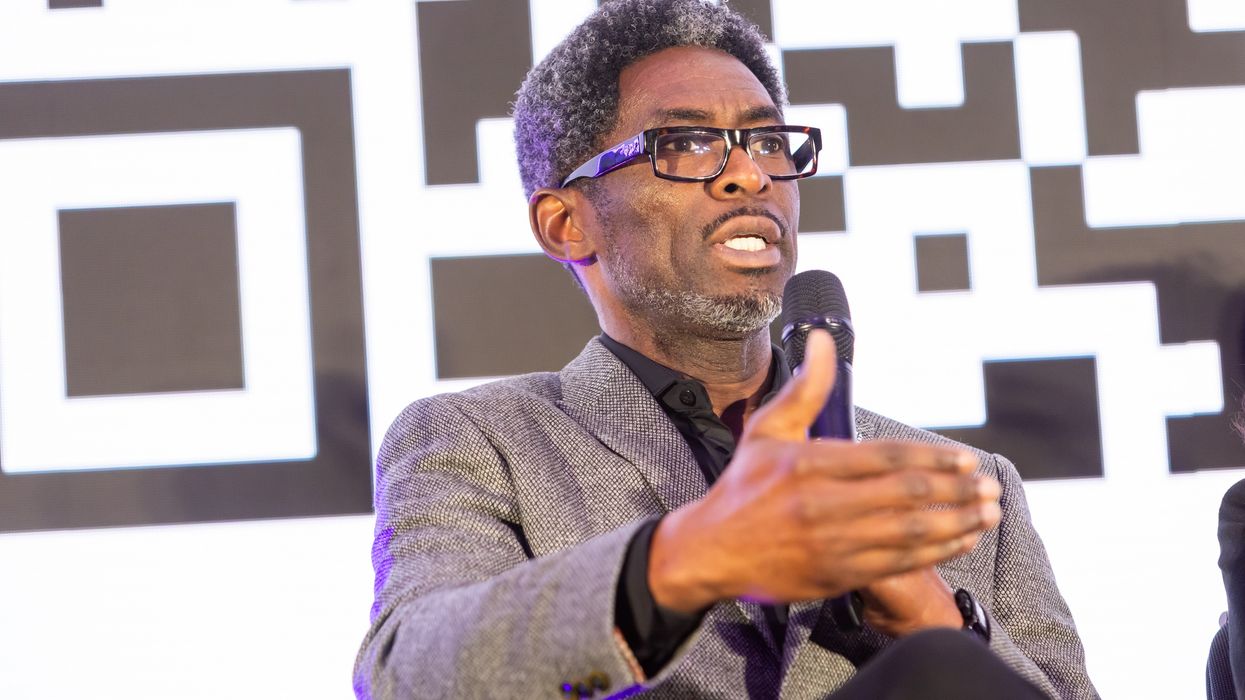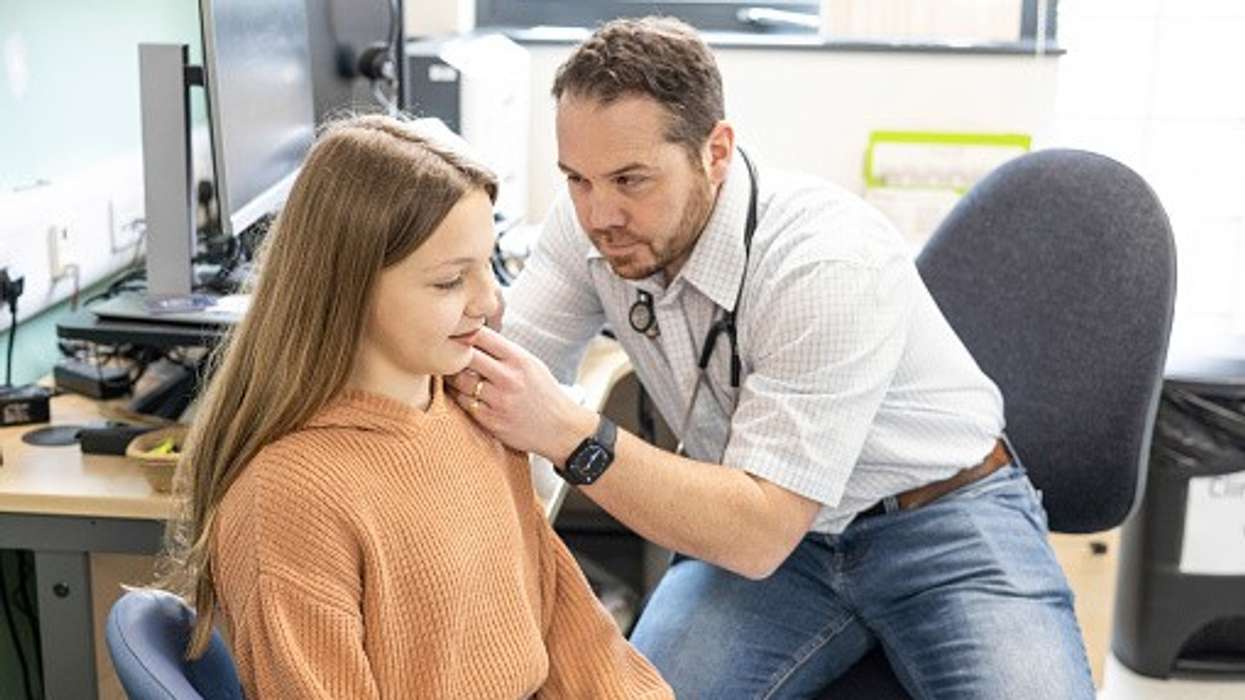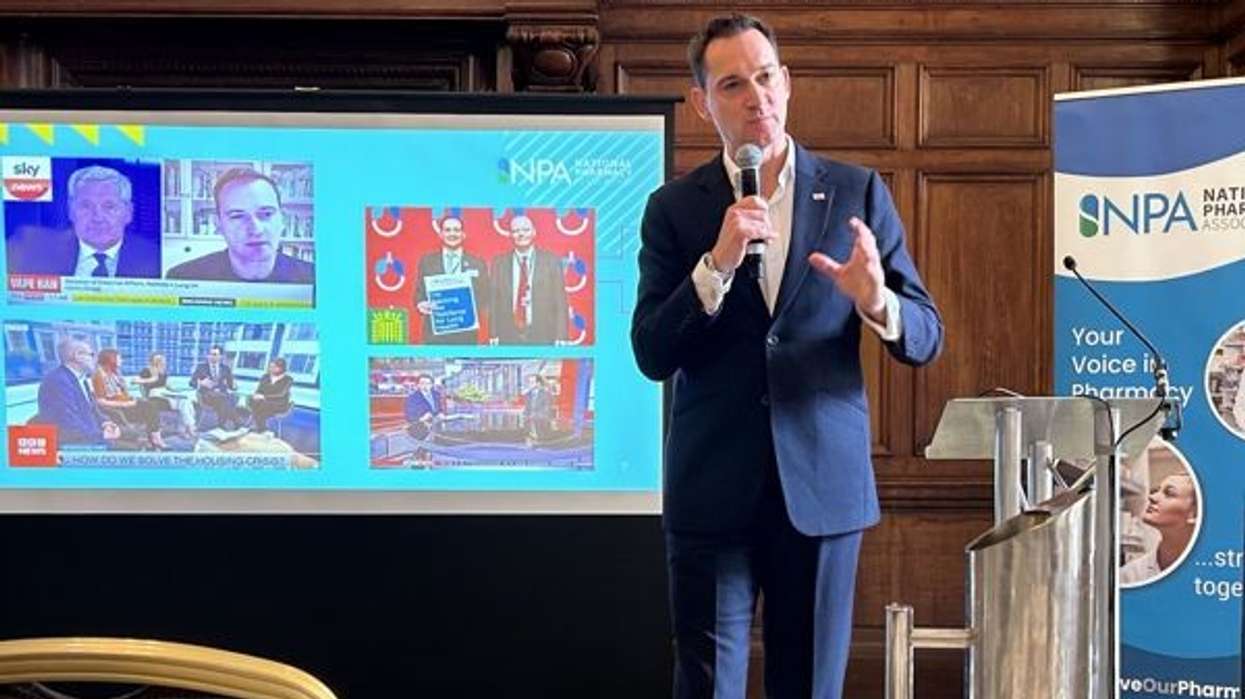By Baba Akomolafe
Community pharmacy is under intense and familiar pressure: rising workload, flat funding, workforce shortages, and ever-expanding expectations without the structural support to match. To many, it feels as though we are entering uncharted territory but another profession has travelled this road before us.
Dentistry faced the same storm.
And their journey holds powerful lessons for pharmacy not to copy, but to adapt, translate, and re-imagine for our own context.
The turning point for UK dentistry arrived with the 2006 NHS contract and the introduction of Units of Dental Activity (UDAs).
Almost overnight, dentists found themselves in a system where:
- Workload increased while funding stagnated
- Additional clinical effort often meant unpaid labour
- Innovation was constrained by rigid contractual structures
- Burnout rose as expectations outpaced investment
- Professional autonomy felt increasingly limited
The message was unmistakable: If the NHS could not sustainably support modern dentistry, dentists would have to build sustainability themselves.
So they did.
Not through an overnight revolution, but through a steady, deliberate shift, one mindset change, one service, one strategic decision at a time.
They developed mixed-model practices.
They invested before they earned.
They built patient-centred private services.
They stopped apologising for their value.
And, ultimately, they created freedom where none was offered.
Pharmacy now stands at a similar crossroads.
The NHS will always remain a central pillar of our identity and our purpose, but it can no longer be our only anchor.
Strength, resilience, and professional autonomy will come from diversifying, modernising, and building new income streams that reflect the full value of our clinical skills.
Dentistry showed that waiting for reform is not a strategy. Taking ownership is.
Join me over the next eight days as we explore eight lessons pharmacy can learn from dentistry’s transformation and how we can use them to shape a stronger, more independent future for our profession.












